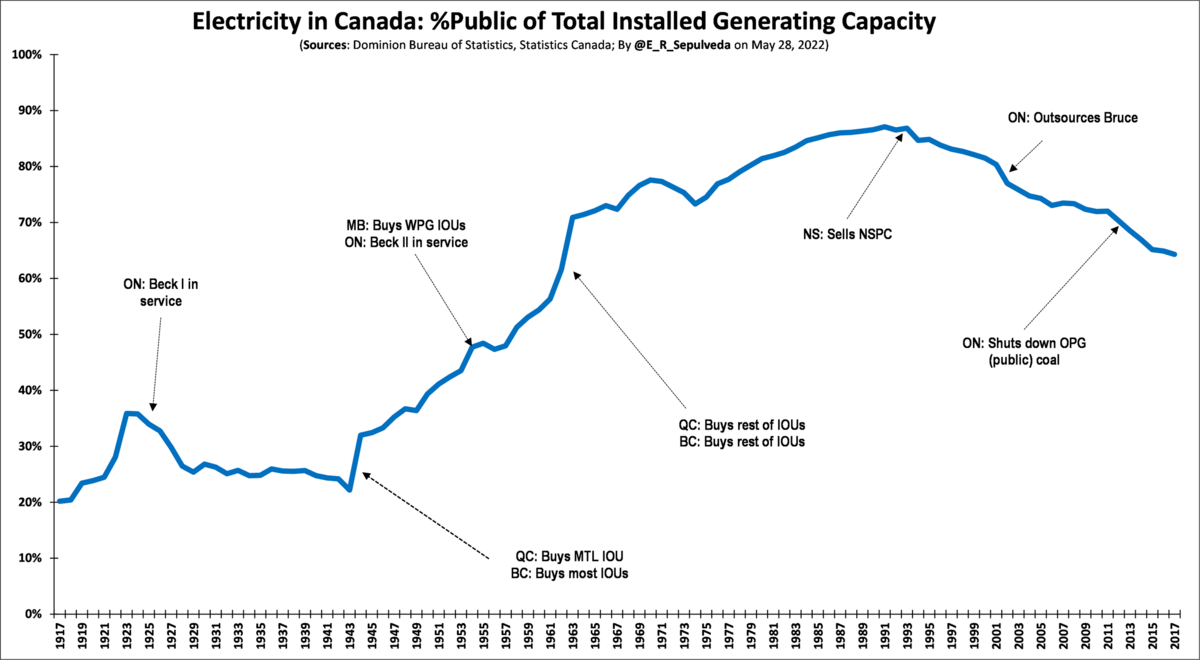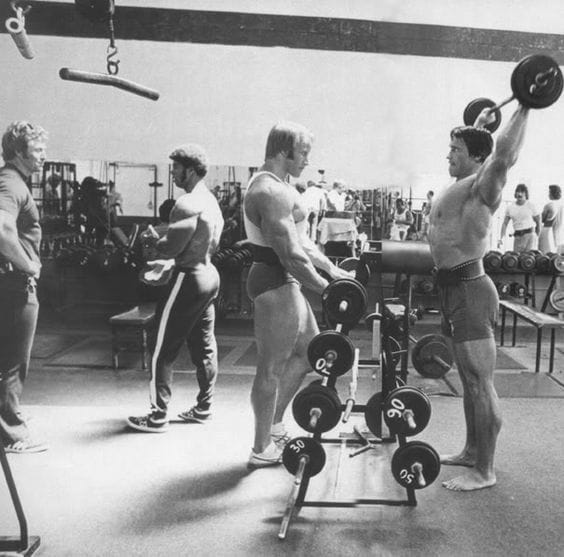"There's always money in the banana stand." - The EU
The show Arrested Development centers around the Bluth family--wealthy Californians who struggle to adjust to their downward mobility after their patriarch, George, winds up in prison for white-collar crime. Keeping the family and the family business together falls to his son Michael.
Throughout the show, George reminds Michael, that the one consistent part of their business has always been their banana stand. "There's always money in the banana stand," George reminds him whenever he talks about the family's financial woes during prison visits. But then the banana stand burns down and Michael finds out the hard way what George really meant: there was literally $250,000 lining the walls of the banana stand.
I haven't been able to stop thinking about this gag since I read the headline about the EU clinching a deal to ban Russian oil by the end of the year.
Like the money in the banana stand, there's always "the end of the year." I have a hard time believing that Europe won't extend the deadline when it comes at year's end, which always seems to happen when it's really cold outside. Taking a look at this chart should be sobering, too:

Regardless, this new round of sanctions will immediately hit 75% of Russian oil imports. By the end of the year, "90% of the Russian oil imported by Europe will be banned," Oilprice.com reports.
It should be noted that this package does not hit Russian gas, which would be the real kill shot for countries like Germany for whom gas imports make a substantial portion of their energy portfolio.
Still, energy gets decided at the margins. To put it another way, if your car's brakes only work 90% of the time, you're liable to die. Same goes for energy systems: "some" quickly becomes "none." There's always money in the banana stand until it burns down. Then there's no money.
In the meantime, prices will rise. "As of 9:02 a.m. on Tuesday, WTI Crude was up 3.54% from Friday’s settlement and was at $119.42. The Brent Crude futures for July, with the contract expiring on Tuesday, were trading up 1.78% at $123.94," Oilprice.com reports.
Politico: Blackouts Likely Inbound
Catherine Moorhouse published a piece on the grid problems facing the American West, Midwest, and Texas in Politico this week. It's a revealing piece that has some great quotes from various players in the US electricity game. You can read it in full here, but for those in a rush, here's a rundown:
The grid is in trouble in these regions because reliable plants are retiring without being replaced with dispatchable, reliable energy. Instead, renewables make up most of the new capacity added to these regions.
The Republicans point out that trying to center our electricity system on weather-dependent power sources has made us more vulnerable to weather.
Democrats retort that even thermal generators suffer under harsh heat conditions so "retvrning" to the "old way" of big baseload is unworkable--they do not clarify what could be workable instead.
Throughout, every grid operator is resigned to the fate of the energy transition and worries that it's happening too fast without enough regard for reliability.
Of course, nuclear would resolve this entire debate. But it is not on the table because those who want to decarbonize don't like nuclear because it's "too big, "too slow," and "unnatural." Meanwhile, those who want to mitigate utilities' market power through the spot market see nuclear as a pricey, uneconomic totem to the corrupt system they want market competition to cleanse. And those, like me, who believe wholeheartedly in the tech and want to see it liberated from its regulatory burdens make for a small sideshow in the political and discursive spheres of energy.
Instead, the debate will center around things like transmission, efficiency, and "demand response," (aka figuring out how to get consumers to consume less).
It's hard to capture it better than this:
The World Has Passed Peak Agricultural Land Use
Some good news: it seems we've hit our peak when it comes to agricultural land use.
"Humans have been reshaping the planet’s land for millennia by clearing wilderness to grow crops and raise livestock," writes Hannah Ritchie at Our World in Data. "As a result," she continues, "humans have destroyed one-third of the world’s forests and two-thirds of wild grasslands since the end of the last ice age [...] Expanding agriculture has been the biggest driver of the destruction of the world’s wilderness. This expansion of agricultural land has now come to an end.
Our agricultural land use, after millennia, has now begun to decline.

But the news gets even better: we're producing more food with less.
"When we break each agricultural component out individually or look at it in physical rather than monetary units, we find the same trend: a continued increase in output," Ritchie writes.

Like what you're reading? Click the button below to get Grid Brief right in your inbox!
Conversation Starters
Gazprom cut the Netherlands off from its gas. "The cancellation of the current contract is slated to be for the period May 31 – October 1 2022, entailing around 2 billion cubic meters of natural gas, or around 5% of Dutch yearly consumption," reports Oilprice.com. GasTerra has not revealed whether it has purchased replacement volumes, though Norway or LNG imports seem most likely.
China is set to double last year's solar capacity by adding another 108 gigawatts to its grid.
Edgardo Sepulveda has published a fascinating look at public power in Canada. Check it out.

Word of the Day
neat cement
Cement that has no additives to modify its setting time or rheological properties. (source)
Crom's Blessing
